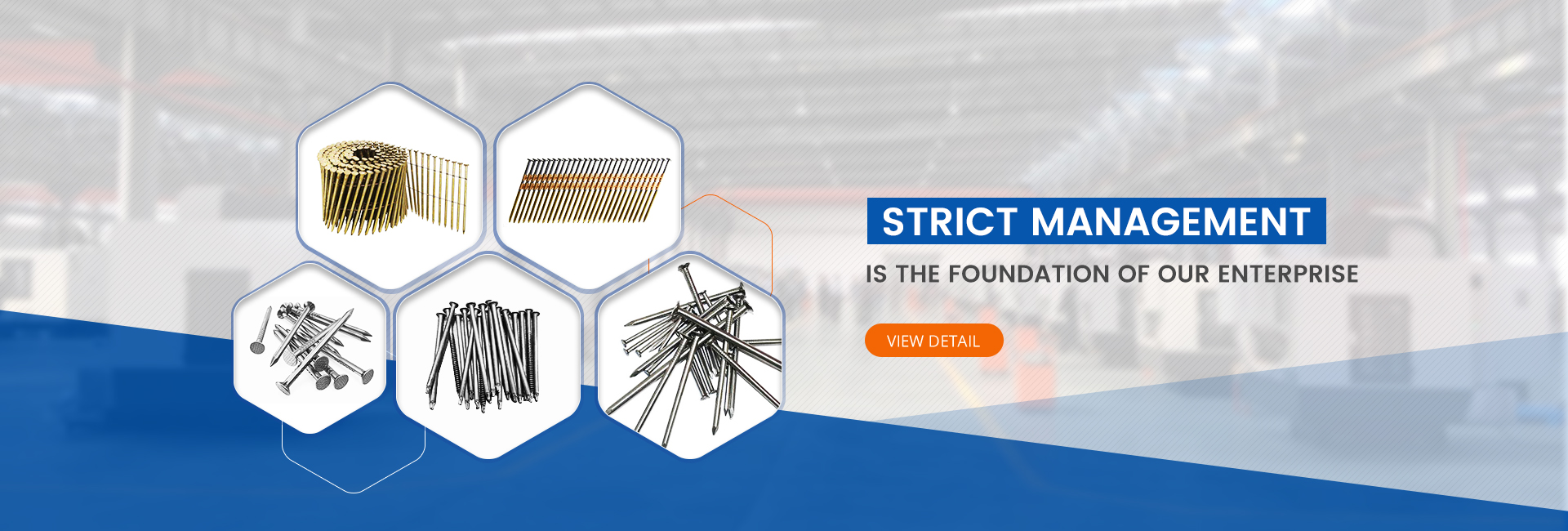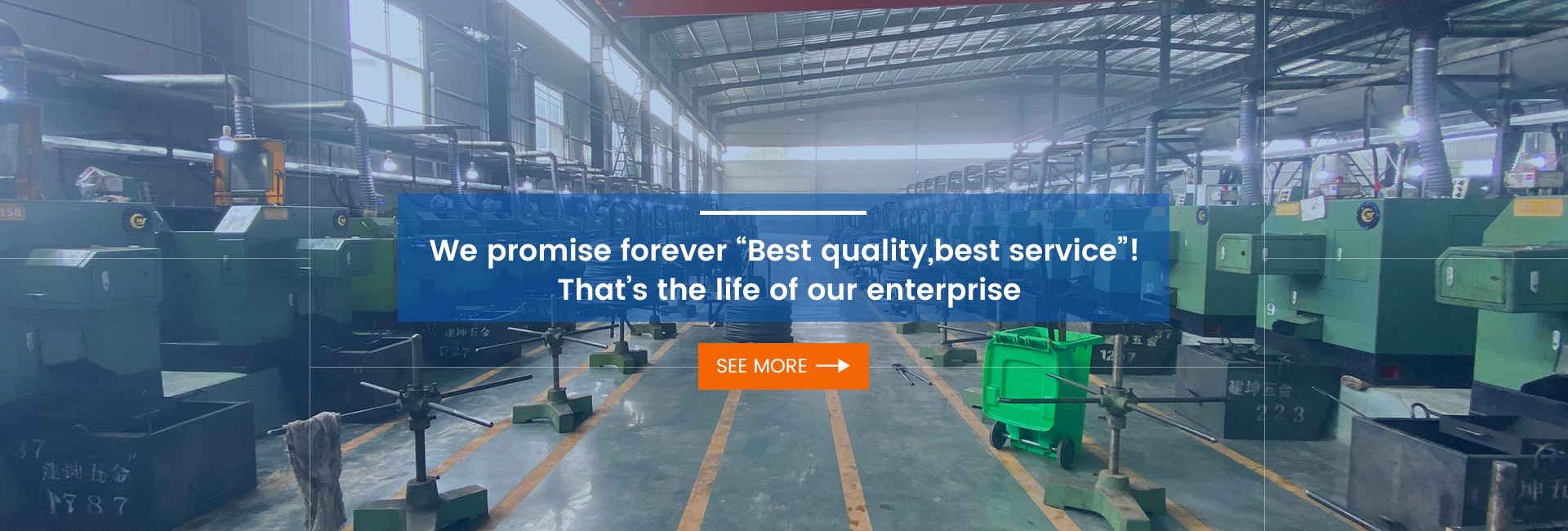Maintaining the quality of coil nails is just as important as selecting the right type of fastener for your project. While manufacturers produce coil nails with coatings and finishes designed to resist corrosion and provide consistent performance, improper storage and handling can significantly reduce their effectiveness. To ensure that coil nails deliver reliable results in every application—from framing and decking to pallet assembly—contractors, distributors, and end users must follow key best practices for storage and care.
The first and most crucial step is to store coil nails in a dry, well-ventilated environment. Exposure to moisture is one of the main causes of rust, which can compromise the structural integrity of the fastener. Even galvanized or coated nails can suffer when left in damp or humid conditions for extended periods. Keeping nails in a clean, controlled environment helps preserve their protective finish and ensures they remain in optimal condition.
Packaging also plays an important role. Coil nails should be kept in their sealed cartons until they are ready for use. This prevents unnecessary exposure to air, dust, or condensation. Many manufacturers use packaging designed to shield nails from environmental factors, so keeping them sealed extends their shelf life and reduces the risk of quality issues during storage or transport.
Temperature control is another factor that should not be overlooked. Extreme heat can affect certain coatings, while prolonged exposure to freezing or fluctuating temperatures may cause condensation, leading to surface oxidation. By avoiding storage areas prone to drastic temperature changes, such as outdoor sheds or uninsulated warehouses, users can better protect their inventory.
Proper storage practices not only prevent rust but also ensure consistent feeding in pneumatic tools. Nails affected by corrosion, dirt, or deformation may lead to frequent jams or uneven driving, slowing down production and creating additional costs. Maintaining coil nail quality translates to smoother operations, fewer tool issues, and higher productivity on job sites.
In the end, safeguarding coil nails through responsible storage and handling is a small effort that delivers significant returns. By keeping them dry, sealed, and away from extreme conditions, businesses can guarantee that every coil nail performs as intended, providing strength, durability, and reliability in even the most demanding applications.
Post time: Sep-12-2025



